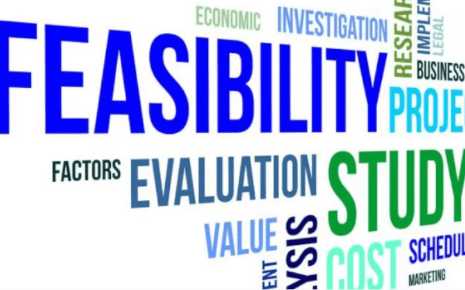The new year, for many, represents a fresh start and a time to make resolutions or promises to change unhealthy habits. In the nonprofit arena particularly, I often see people wearing many hats, working long hours, and listening to the needs of others before the needs of their own mind and body.
A saying I heard long ago that definitely applies in our industry: Don't set yourself on fire to keep others warm.
How are you taking care of yourself? Do you recognize the signs of burnout and keep an eye out for them in your own life as well as those of your coworkers and friends?
I hope youâll take three minutes to read through this blog for the warning signs of burnout and commit to making at least one change in your life to put yourself first. The improvements in your health and happiness are worth it.
I will start us off with a list of the phrases that as a fundraising professional and nonprofit strategic consultant, I hear way too often:
- My work is a 24-hour job.
- I know it's expected to answer my phone and return emails within minutes.
- My family just has to understand that working all the time is a part of my job.
- I work on vacation because I have to -- it makes it easier when I get back.
- If I don't do it, no one else will.
What is burnout?
Burnout is a state of emotional, physical and mental exhaustion caused by excessive and prolonged stress. It occurs when you feel overwhelmed, emotionally drained, and unable to meet constant demands.
You may be on the road to burnout if you feel like every day is a bad day and your Sundays are ruined by the very thought of Monday. The phrases I mentioned above may be ones you have said frequently or recently. You may even be so out of balance, you sometimes feel like you canât breathe.
In my 20s, my goal was to move up in my career and be the youngest female VP at our Chamber of Commerce. I said yes to everything, raised my hand for extra projects, and spent 90 percent of my life at my job. Soon I couldn't see a light at the end of the tunnel with my work. At the age of 29, I turned in my resignation.
My CEO sat me down and said, ‘Anissa, I won’t accept this resignation. You need to take some time off, reprioritize your life ... and you need to get a dog!'
I thought he was crazy at the time. But my time off helped me realize what burnout was and how far along that path I had traveled. His advice ended up saving my career! Today, almost 25 years (and two dogs) later, I'm still in the nonprofit world and have learned to live a more balanced life which has positively impacted every organization I have worked with, my family, my friends, and my own health.
What can cause burnout?
Here are a few of the things at work that can cause burnout:
- Little or no control over our schedules
- Lack of recognition or rewards for what we do
- Unclear or overly demanding job expectations
- Saying YES when should say NO
- Not able to see the results of our work
- Working in a chaotic or high-pressure environment
And here are a few of the lifestyle causes and personality traits that can lead to burnout:
- Always connected
- Working too much without downtime
- Not getting enough sleep
- Perfectionist, nothing good enough
- Need to be in control, reluctant to delegate
- High achieving, type A personality
- Not allowing time to recharge
How to avoid getting burned out
One of the easiest ways to avoid burnout is to TAKE A BREAK! Last year, 768 million vacation days went unused in this country (Source: US Travel Association). Beyond that obvious (and somewhat temporary) solution though, there are many steps you can take to make your health and wellbeing a priority every day both on the job and at home. Some of these may resonate more with you than others. I encourage you to try at least one of these simple steps this week to help you avoid burnout.
- Spend 10 minutes a day unplugged in a quiet space. Whether you read, meditate, or just sit, this time will allow you to connect with yourself.
- Start and end each day with at least one hour of NO electronics. We've all heard about how the artificial lights found in televisions, computers, and smartphones can disrupt sleep patterns. Spending some time without screens can help your day begin and end more smoothly.
- If you have clients, colleagues, friends (or even family) that text you or call you at all hours of the day/night/weekends, implement guard rails. Whether you talk to them about this directly or turn on 'do not disturb' functions on your phone, work on owning your schedule at home.
- Sleep enough, eat healthier, exercise. These basic health mantras are so important to your mental and physical wellbeing.
- Let the perfectionism go. Don't sweat the small stuff!
- Donât be afraid to ask for what you need⦠a day off, additional resources, etc.
- Give back to a cause that YOU care about. We all work for or with nonprofits who do good work in the world. But giving back to a cause of your choice can have positive effects on your own community and your happiness.
- Take a meeting-free day once a month or once a quarter. I've heard this called a 'clarity break' as well. Block your schedule and take the time to just do some high-level thinking and reflecting. The results will be worth it.
- SAY NO! Just try it!
- Last but not least, get the dog! Always get the dog!
How Convergent Can Help
If you find yourself feeling burnt out in the nonprofit world, you might also need additional support. The experts at Convergent Nonprofit Solutions are here to provide organizations with the skills and resources they need to successfully get the fundraising they deserve. Contact our nonprofit specialists to get started today!






